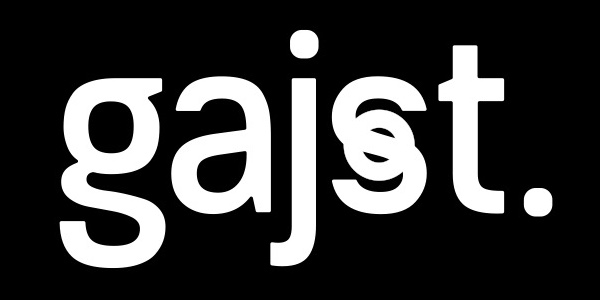Workshops
Picasso and Conflict: UKRAINE or GAZA
Wars, international and internal armed conflicts are complex phenomena, yet this does not mean that understanding conflicts requires familiarity with complex analytical frameworks and theories. In this workshop, we use Picasso’s Guernica, one of the most famous paintings of the 20th century, as a tool to analyze contemporary and historical conflicts. Participants will examine military, media, civilian, humanitarian, and diplomatic dimensions of conflicts through the lens of this artwork. In addition to exploring these aspects, participants will collaboratively create their own abstraction of Picasso’s Guernica based on the selected conflict, which serves as the final product of the workshop.
The workshop lasts 90 minutes. Minimum number of participants: 6. Maximum number of participants: 40.
CONSULAR RELATIONS 1-0-1
Active citizenship does not end when we cross national borders, travel abroad, or move to another country. In the workshop “Consular Relations 1-0-1” we focus on two aspects of consular affairs that Slovenian citizens may encounter while abroad. In the first part of the workshop, we address consular work in general, discuss basic examples of encounters with the consular world, and support them with anecdotes and real-life cases. In the second part, we examine examples of consular issues that may arise during medium- or long-term stays abroad. The workshop is designed to prepare students for the safe and reliable exercise of their rights while living abroad.
The workshop lasts 90 minutes. Minimum number of participants: 6. Maximum number of participants: 45.
HOW TO THINK DIPLOMACY?
Diplomacy has many definitions, and ours is only an attempt to think about diplomacy differently. We believe that diplomacy is communication in the spirit of the Other, where the Other is an imagined community. This is important because within such a way of thinking, the “individual” also has a place in diplomatic discourse. In the workshop How to Think Diplomacy? each group formulates its own definition, which we then compare with established definitions. From all of them, we try to extract a common thread that leads us to the foundation, namely diplomatic discourse among all individuals, taking place always and unconsciously.
The workshop lasts 75 minutes. Minimum number of participants: 10. Maximum number of participants: 40.
POLITICS GOES VIRAL: How to Communicate in the Age of Algorithms?
The global landscape of politics and communication is rapidly shifting. Trust in the liberal international order, once upheld as a guarantor of peace, rights, and cooperation, is eroding under the weight of wars, climate breakdown, and sluggish institutions. In this vacuum, populist movements thrive by offering simple but dangerously reductive answers that resonate strongly with younger audiences. At the same time, we believe that liberal values such as human rights, democracy, and justice remain deeply compelling. The challenge is to communicate them in ways that reflect how people, especially youth, actually engage with the world today: through social media.
In this two-hour interactive workshop, we invite you to explore with us how politics can go viral. At Gajst Institut, we approach communication in a distinctive way. We look at populism not primarily as an ideology but as a communication phenomenon. Together we will examine why populist messages spread so effectively online and how we can apply similar techniques, without reducing complexity, to strengthen values of freedom, equality, and cooperation.
We will then move from theory into practice. You will learn practical tips and tools for creating engaging short-form video content that resonates with young audiences and adapts to the demands of today’s algorithm-driven platforms. Through guided exercises and interactive prompts, you will be challenged to conceptualize and produce your own short video defending one of the pillars of the liberal international order or the institutions that uphold it.
We will conclude by sharing and reflecting on the videos, identifying the key elements that make political communication successful in the digital age
The workshop lasts 120 minutes. Minimum number of participants: 15. Maximum number of participants: 60.
All workshops are original content from the Gajst Institute. For workshop reproduction rights, please contact: institut.gajst@gmail.com..

